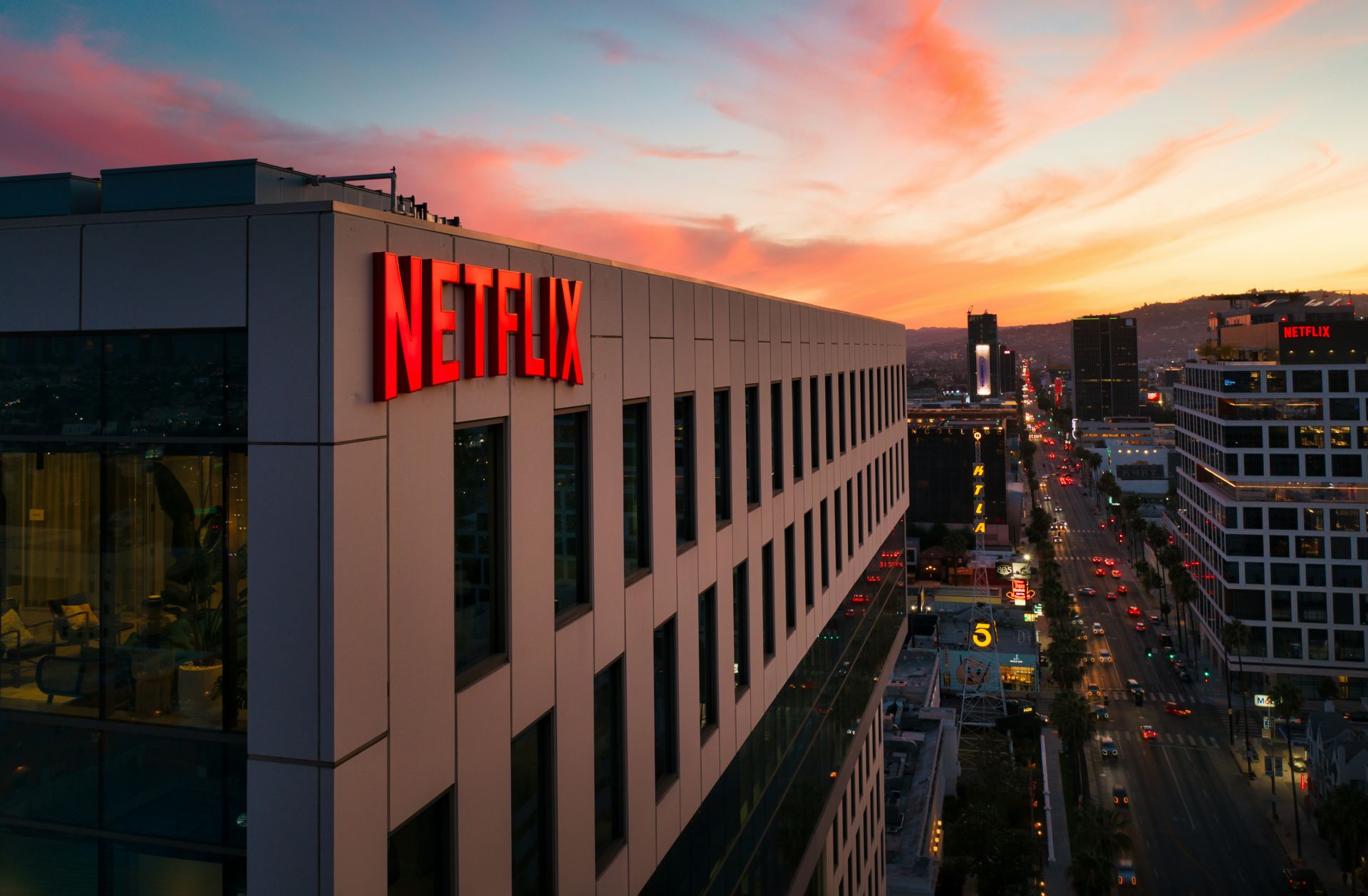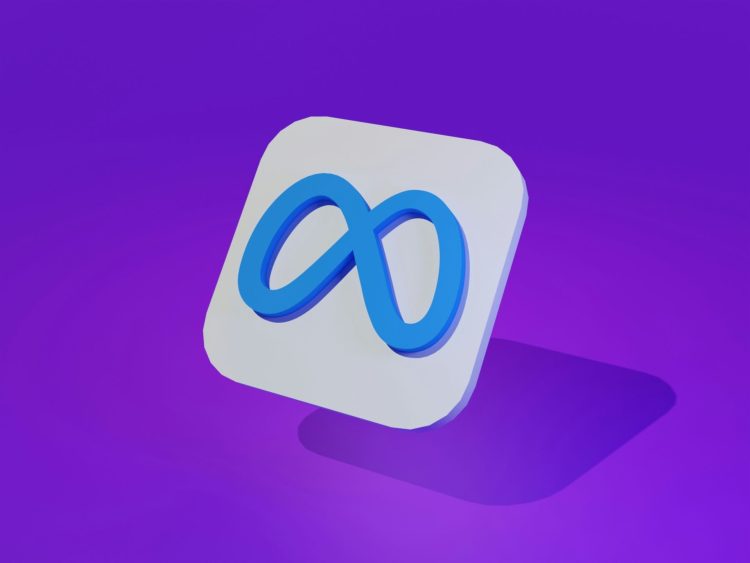We recently reported that Facebook is facing legal action over alleged anti-competitive behavior related to the popular streaming service, including giving Netflix access to users’ private messages.
It looks like things are about to get a little complicated. Meta denies the allegations that Netflix gave users access to private messages. The allegation came to the fore after Elon Musk, the owner of the X platform, posted about it. The allegation is based on a court filing stating that Netflix has access to Facebook’s “Inbox API”, which allows it to access users’ inboxes programmatically.
Wow
— Elon Musk (@elonmusk) April 2, 2024
Meta denies allowing Netflix to read users’ private messages
Meta argues that Netflix cannot read private messages and that the API only allows users to message their Facebook friends about what they are watching on Netflix.
Meta reminds us that such agreements are common in the industry and that Facebook Messenger will not implement end-to-end encryption by default until December 2023.
However, the document also alleges that Netflix had access to the “Titan API”, a private API that allowed it to integrate with Facebook’s messaging app. In exchange for advertising revenue and user data, Netflix has also been allegedly given exclusive access to Facebook.
The close relationship between Netflix and Facebook is also noteworthy. Former Netflix CEO Reed Hastings’s presence on Facebook’s board of directors and direct communication between the two companies’ CEOs are among the indicators of this close relationship.

It is also noteworthy that Facebook reduced the budget of Facebook Watch by 750 million dollars so that it would not compete with Netflix.
How true are Meta’s claims? How widespread was Netflix’s access to private messages? How ethical is this kind of data sharing? Does the reduction in Facebook Watch’s budget mean that Facebook will stop competing with Netflix?
The answers to these questions are not yet known. However, the emerging information makes us question the practices of tech giants regarding user data and how it is shared.
Featured image credit: Muhammad Asyfaul / Unsplash





